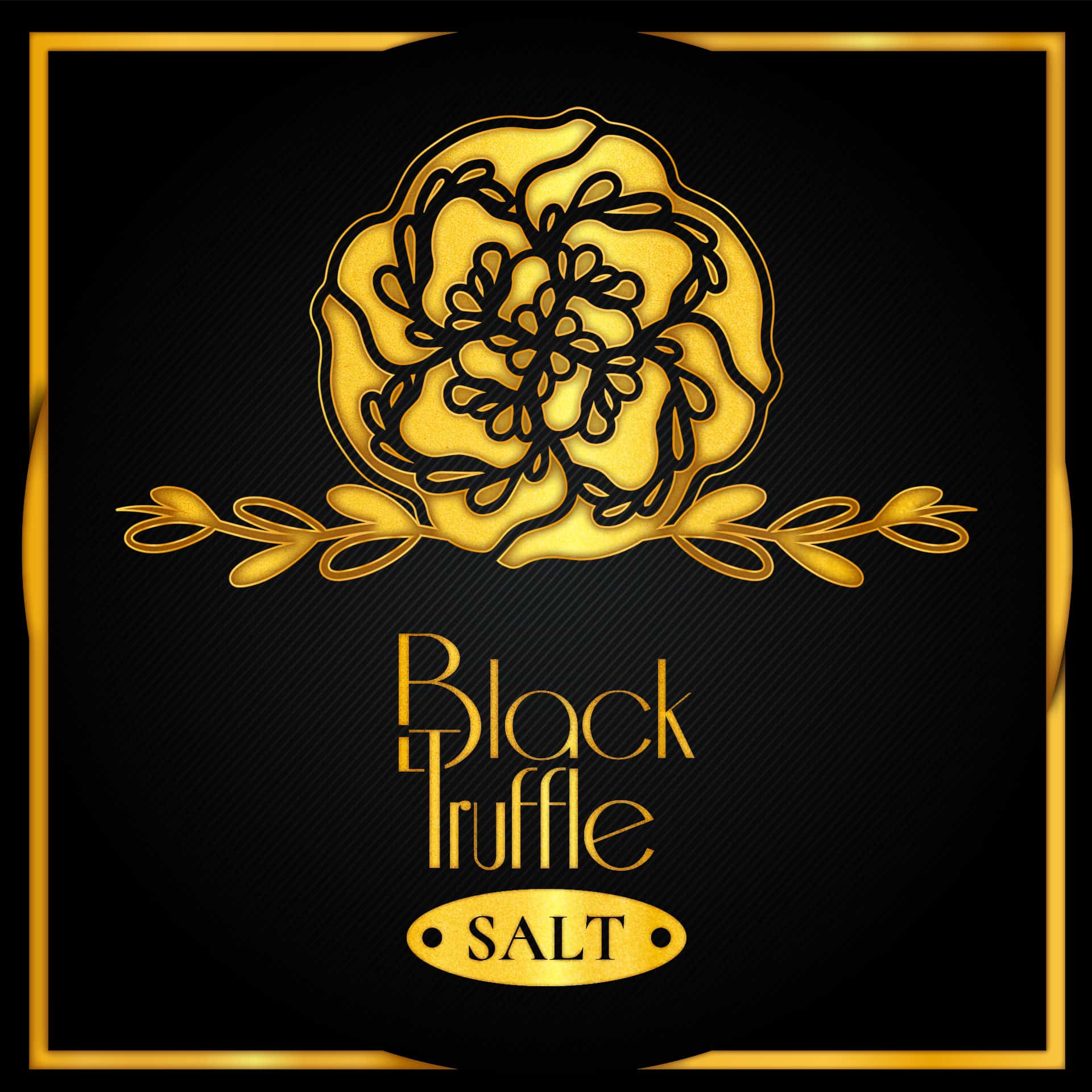Growing Popularity of Kosher Sea Food – Salt Manufacturing Industry
The kosher seafood market is growing steadily. The kosher Seafood Market Association (Kosher & Sea Foods Association) have recognized that the industry has been slow to catch up and they are stepping in to encourage kosherization of kosher sea products.
This is especially true as many traditional producers find it difficult to meet rising kosher demand and competitive pressure. The kosher industry is entering a new phase in terms of production capacity as the number of processors has increased dramatically with many using non-kosher salt and the salting process has been replaced by more scientifically sound alternatives.
The kosher industry has also adopted a few cutting edge processing technologies in order to shorten processing times, increase capacity and simplify the process. Among these innovations is the use of halogen-free LEDP (Lithium Ion Process) sodium hydroxide (NaOH) and the use of high pressure sodium hydroxide (HPS) technology (Rachael Rice, Kosher Ocean). There is also the use of deionized water, this more recent innovation can lower the pH of water from 7.4 to the lower range that many believe is required for kosher sea foods.
Salt selection for the kosher sea industry has also been aided by the many innovations in salt selection including the removal of calcium and magnesium chloride by the use of a non-chlorine salt called Haloxyl. Both salt substitutes, such as Splenda, have been used.
Salt selections for the kosher industry include fresh water salt such as orzo salt, Celtic sea salt, calcium chloride salt, kosher brine, and kosher potassium chloride salt. Kosher salt is normally processed in a horizontal radial pile-free multi-column process where a large salt slab is brought in direct contact with a large liquid tank at a constant pressure through three or four layers of stacked column technologies.
The use of a semi-dry, semi silver counterflow mill provides a more efficient salt processing cycle andan optimum energy savings. Salt processing technologies have also been adapted for use in continuous flow with reduced friction required. Current processes use HEPA filtration technology and conveyor belt technology which make salt procurement more efficient and consume less energy.
Alkali-free chloride salt is used for a better taste and better nutritive value. Flotation means that the salt is held at the surface of the water, rather than sinking down through the whole body of the water. The salty taste is removed by air exchange and the use of pressurized chambers means that the processed salt is less dense.
There are also advantages in using regular salt. They offer similar nutritional content to that found in kosher sea foods, they are less expensive, and their taste is easier to recognize as being kosher.
Another alternative for kosher sea products is reduced density saline. This salt is believed to be similar to kosher sea salt, but is reduced in density by boiling the solution. However, this does not impact the taste of the product.
It was discovered that the alkalinity and the water-dissolving ability of the saline crystals make them suitable for use in reducing the levels of minerals in sea water. The salts ability to decrease the levels of minerals can be an advantage in many applications. These salts are used in the manufacture of fertilizers and fuels, in some air purifiers, and in some industrial wastewater treatments.
As the kosher seafood industry continues to grow, the future of kosher sea foods will require innovation and development. The innovative salt processing technology available today will provide a new dimension to the kosher industry that will allow kosher food to be produced and shipped to customers around the world in greater quantities.
